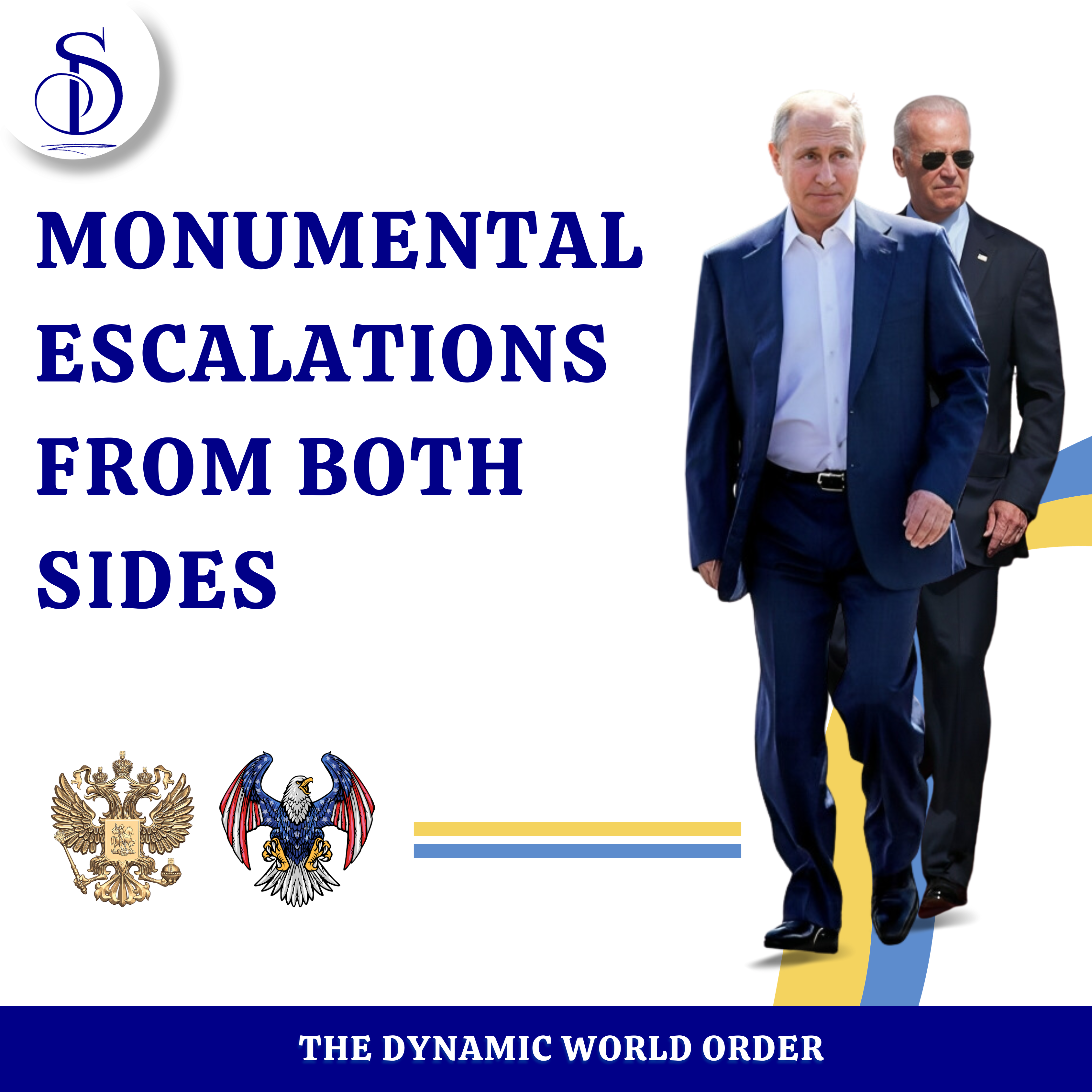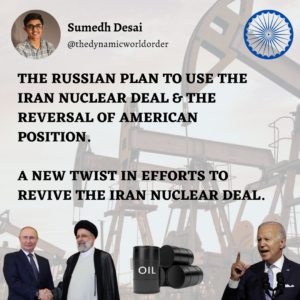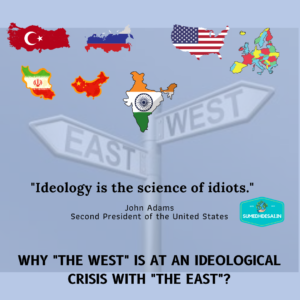The Game of Empires
The Great War of Empires has now entered its 20th month in October 2023. The Western Empire has stood solidly behind Ukraine helping it stand against a fierce Russian Empire. The notion that the conflict had the potential of handing out a clear winner has far been buried. There are no real winners in the ongoing war, only agony and pain are triumphing daily.
In a pure geopolitical sense, the War is a clash of ego and might between the Russians and the Americans, who are rallying the Western Empire. The military industrial complexes of both the powers have been in a race to outpace and outwit each other with technological breakthroughs. Throughout these 19 months, there has been not a single achievement that either side can contest as invincible. The Russians have been able to burn most prolific Western arms on the battlefield in Ukraine whereas the Western equipment have responded to Russian missile power all across the frontline with instances of the Patriot air defence system neutralising the much acclaimed Russian hypersonic missile named Kinzhal.
The relative achievements have been achieved by the Russians because despite not having an unconquerable first strike capability, they have preserved their second strike capability effectively. This is important because the Russian military industrial complex had been heavily sanctioned since the opening days of the war, making Russia the most sanctioned country in the world. Yet, they have managed not only to stay afloat but to also advance in the technological domain by forging partnerships with anti-western countries like Iran, China and North Korea.
Illusions of relative peace in Europe after the end of the Cold War have been smashed as the Europeans countries are back to heavy rearmament. The Americans claim a lot of credit for the relative peace that followed the unipolar moment as well as the rearmament that is necessarily based on NATO standards of military manufacturing. However, the peace imposed in Europe at the end of the Cold War was not felt the same way in the post-USSR sphere around the Russian Federation. For the Russians, complexities in its traditional sphere of influence has just multiplied given the proximity that its neighbours have built with the West, the US in particular.
The Russian Escalation
In this context, let us analyse the current state of the war in Ukraine. Both the Americans and the Russians have climbed a level of escalation with two monumental moves that will definitely have a bearing on how peace is designed to bring an end to the war. The Russians had annexed four new territories in the battlefield, i.e. Kherson, Zaporizhzhia, Donetsk and Luhansk back in the first six months of the war. In September 2022, the Russians held a referendum to incorporate the new territories into Mother Russia. In October 2022, the territories were legally incorporated into the Russian Federation and President Putin categorically emphasised that any attempts to regain the territories by Ukraine backed by the West can invoke a nuclear response from the Kremlin. Fast forward the scenario to September 2023. One year into the consolidation of the territory into Russia, the Russians have successfully held elections in the new territories. These elections have a legal bearing on forming a new provincial assembly that would govern the territories. This further legitimises Russia’s control over new lands in Ukraine. Now the Russians are talking about respect for the UN Charter with regards to the clause of “self-determination”, i.e. the right for the new territories to determine their future. They want to use this clause to legitimise the control and incorporation of the four regions. The Americans have rallied the West on declining to accept Russian moves but the wider international community have sympathies for Russia’s actions. From the Russian perspective, any further negotiation with Ukraine or the collective West hinges on the fact that Donetsk, Luhansk, Kherson, Zaporizhzhia are accepted as Russian territories alongside the acceptance of the West on the political status of Crimea.
The Western Escalation
From the Western perspective, the debate around supporting Ukraine is getting into a rough phase. Despite hundreds of billions of dollars in humanitarian and military aid, the Ukrainians have not achieved on the ground what the West really wanted them to achieve to have an edge on the negotiating table. The counter-offensive has been a failure to a great extent because the return over investment has not been great for many European countries. Many countries from NATO have dug deeper into their stockpiles to provide Ukraine with all that they wanted, sometimes in desperation to even empty their own stockpiles at the cost of their own national strategy of deterrence. The NATO allies have now shown interest in a really monumental move that has the potential to practically change the dynamics of the War on ground. In the recently held “Defence Coalition Alliance”, Ukraine has managed to get the military-industrial complex of 38 countries to agree to investing in building manufacturing capacity in Ukraine so that if the allies stop supporting Ukraine, Ukraine can self-manufacture NATO standard equipment and continue their struggle. This might not look that big a move but the grave consequences it can lead to are beyond comprehension. Ukraine is becoming a de-facto NATO member because it will have industries that will manufacture NATO standard military equipment, which is equivalent to being a NATO country indirectly.
What lies ahead ?
For the Ukrainians, it is about fighting the Russians, irrespective of continued Western support. They understand that the West is nearing its limit till which it can keep aiding the Ukrainian cause and hence becoming a frontline NATO state that manufactures NATO standard equipment is really scary because for any other conflict across the Globe where NATO might get involved, the Ukrainian industries will be tapped into by the West. This makes Ukraine a NATO member, not formally but definitely informally. For the Russians, it is about getting an advantage over the collective west on the negotiating table. It might sound crazy but in my opinion, Moscow and Washington are involved in a backchannel secret talk regarding the future of this war. Kyiv definitely has intel on such a channel but doesn’t have leverage on the ground to stop Washington from talking to Moscow. For the Americans, it is about preserving the western alliance as well as American deterrence because they need to project effective deterrence in various other parts of the world, i.e. the Persian Gulf and East Asia in particular. All in all, the Cold War rhetoric is pushing the Russian and the American empires closer to the edge of miscommunication turning into a hot conflict, capable of creating devastating crisis for mankind.
Visit the profile at : www.sumedhdesai.in / https://www.instagram.com/thedynamicworldorder/




